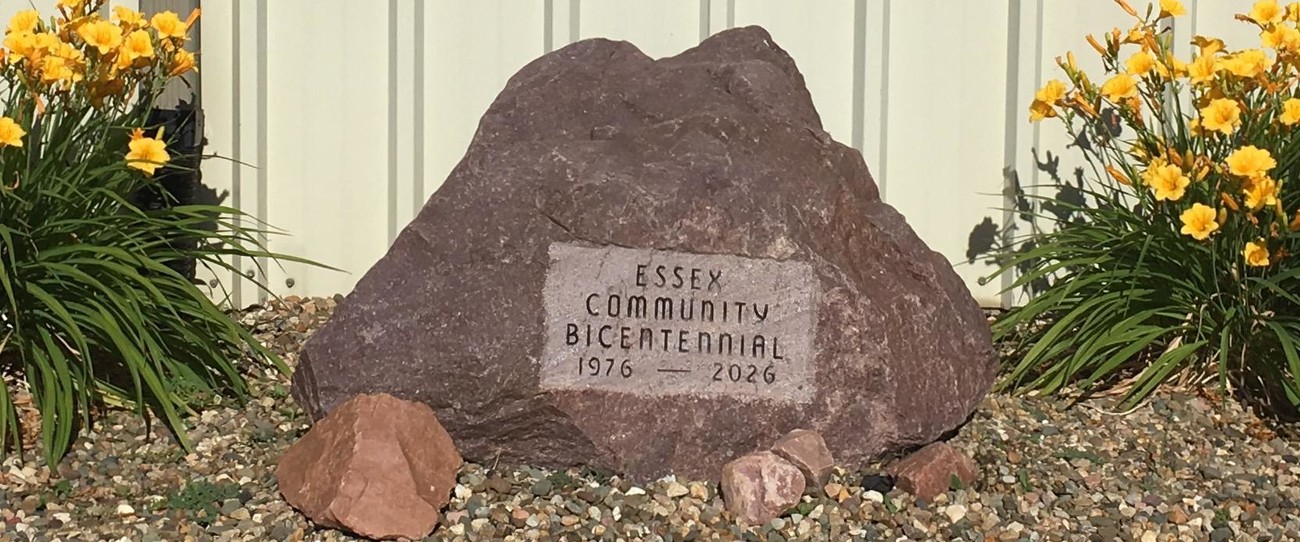What Not To Flush
Instruct your children to follow good practices in the bathroom. Avoid flushing the following items down the toilet:
1. Paper Towels
Surprised? Don't be. Yes, they look and feel like toilet paper, but they should never go down the toilet. Believe it or not, paper towels do not have the same characteristics as toilet paper and do not disintegrate easily down the sewer line.
2. Cosmetic Wipes
Wet wipes are one of the worst problems in modern sanitary systems. They are responsible for causing half of the global blockages that lead to build-ups of fat, also known as fatbergs. Cosmetic wipes do not dissolve in water and have a very negative impact on the sewage treatment process.
3. Baby Wipes
They're smooth, gentle, and soft but they don't break down like toilet tissue. And just because wipes are not harmful to babies, it doesn't mean they won't hurt the environment. Baby wipes are not decomposable, so they shouldn't be flushed.
4. Condoms
Not only it is disgusting because they wind up in public waterways, but they're also non-biodegradable. Latex causes severe problems in the sewer network, so keep it private and dump it in the garbage.
5. Tampons and Pads
The disposal of feminine products has always been a problem for women. But they're also an issue for plumbing because they can rapidly obstruct the pipes. Wrap your tampons or pads, put them in a small sanitary bag, and then dump them in the trash can.
6. Dental Floss
Dental floss is usually made of Teflon or nylon. When flushed down, it mixes with wet wipes, paper towels, hair and other items, creating huge balls that will clog pumps and sewers.
7. Contact Lenses
Around 125 million people use contact lenses on a daily basis worldwide. As a result, billions of daily contacts go down the toilet every year. But what few people know is that discarding used lenses down the drain contributes to the creation of trillions of microplastics, one of the major environmental concerns in today's world.
8. Cotton Swabs
They're small and flexible, block drains, and don't break down quickly. Cotton swabs are responsible for many clogged toilets.
9. Diapers
Yes, there are still people who flush diapers down the toilet. And those who do it will clog a toilet in no time. To get things worse, modern baby diapers are made from materials that will expand when in contact with water.
10. Tissues
They're soft, delicate and absorbent. But tissues won't disintegrate like toilet paper. Do you have a cold? Sneeze or cough into a tissue, but then throw it in the trash can.
11. Medication
Expired medication or recently used pharmaceuticals should never be flushed down the toilet because they will contaminate the wastewater even more. Ultimately, it will have a toxic impact on the water resources and the water you drink. So, if you've got pills, sedatives, antibiotics, antidepressants, painkillers, and other drugs that you want to get rid of, just pour them into a bag, close it, and throw it in the garbage.
12. Cigarette Butts
Cigarette butts are a plague. They're everywhere - on the beach, on the streets, and in the water. A cigarette butt is comprised of a filter made from cellulose acetate, two layers of wrapping made of paper and/or rayon, nicotine, carcinogens, and hundreds of toxins.
13. Hair
Just because it's organic matter, it doesn't mean it won't hurt the environment. Unfortunately, it does. In a way similar to dental floss, hair helps form giant balls which create massive blockages in the sewage network but also traps unwanted odors in your plumbing. Whenever you're combing your hair or cleaning your brushes, remember to keep it away from the toilet.
14. Chewing Gums
As a cohesive substance, gum is a bit like glue. And it gets stuck in the pipes, blocking the natural flow of wastewater. The gum goes in the bin.
15. Cooking Grease and Oil
When fat solidifies, it becomes hard as a rock. Now, imagine the impact of that scenario in your plumbing system.
16. Bleach
Pouring bleach is a disastrous idea. Not only it can be extremely corrosive and damage your pipes, but it can also react with other substances in your plumbing, creating and releasing toxic fumes.
17. Band-Aids
Band-aids are primarily made from non-biodegradable plastic, and they shouldn't be flushed down the toilet. Their place is in the trash.
18. Paint
Paint is a complex mixture of pigments and extenders, binders, solvents, and additives. Some leftover house paints can be considered hazardous waste. Try to find a paint drop-off site where you can leave it to rest.
19. Cat Litter
Cat waste may contain the Toxoplasma gondii, a parasite that affects humans with compromised immune systems. And because many water treatment plants can't handle these kinds of pollutants, dumping parasitic infections into the waterways represents a threat to public health.









